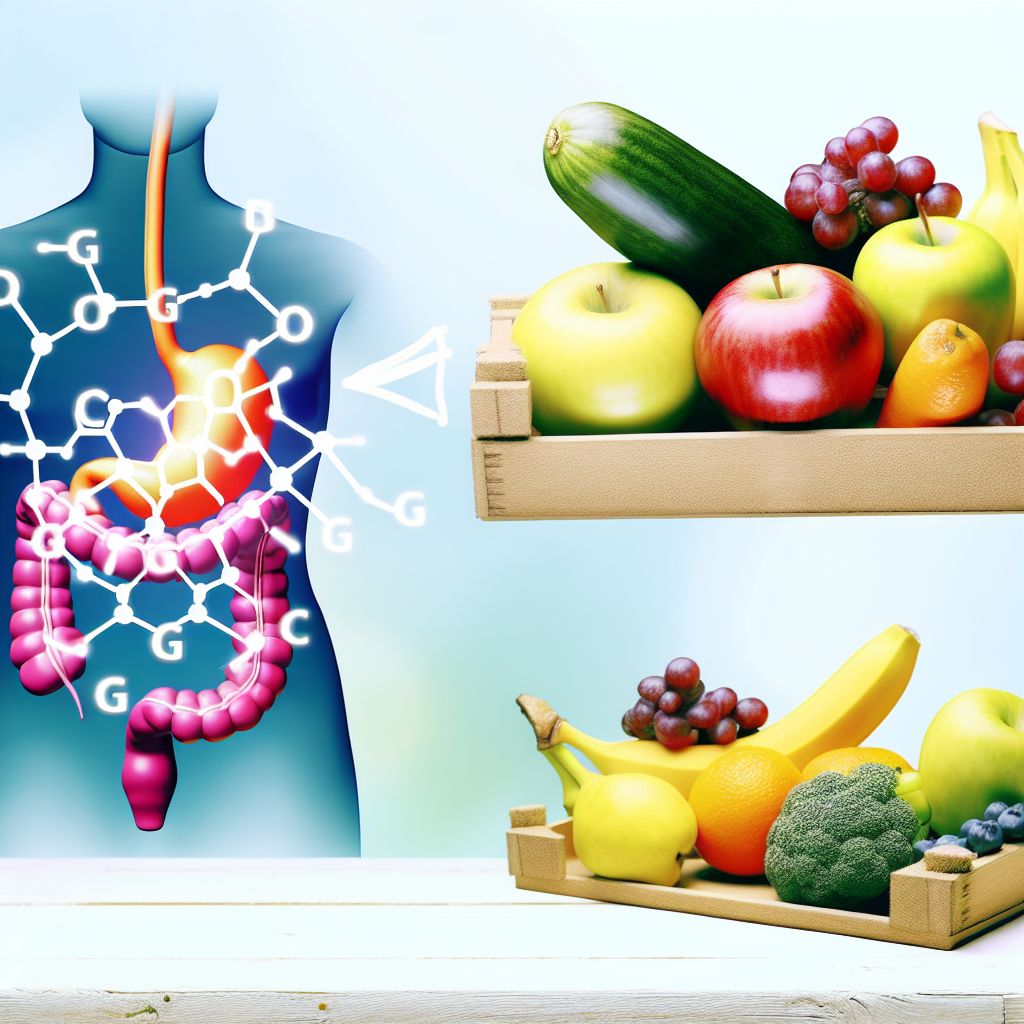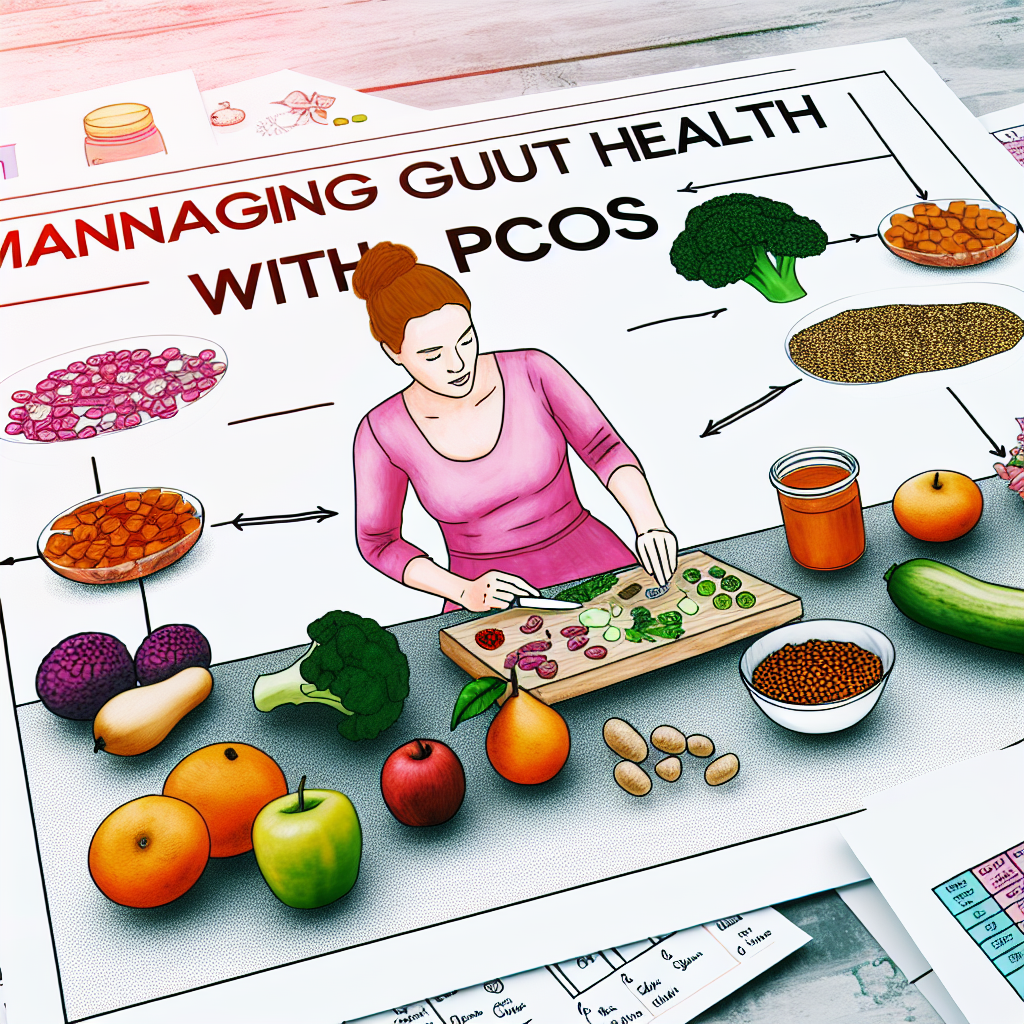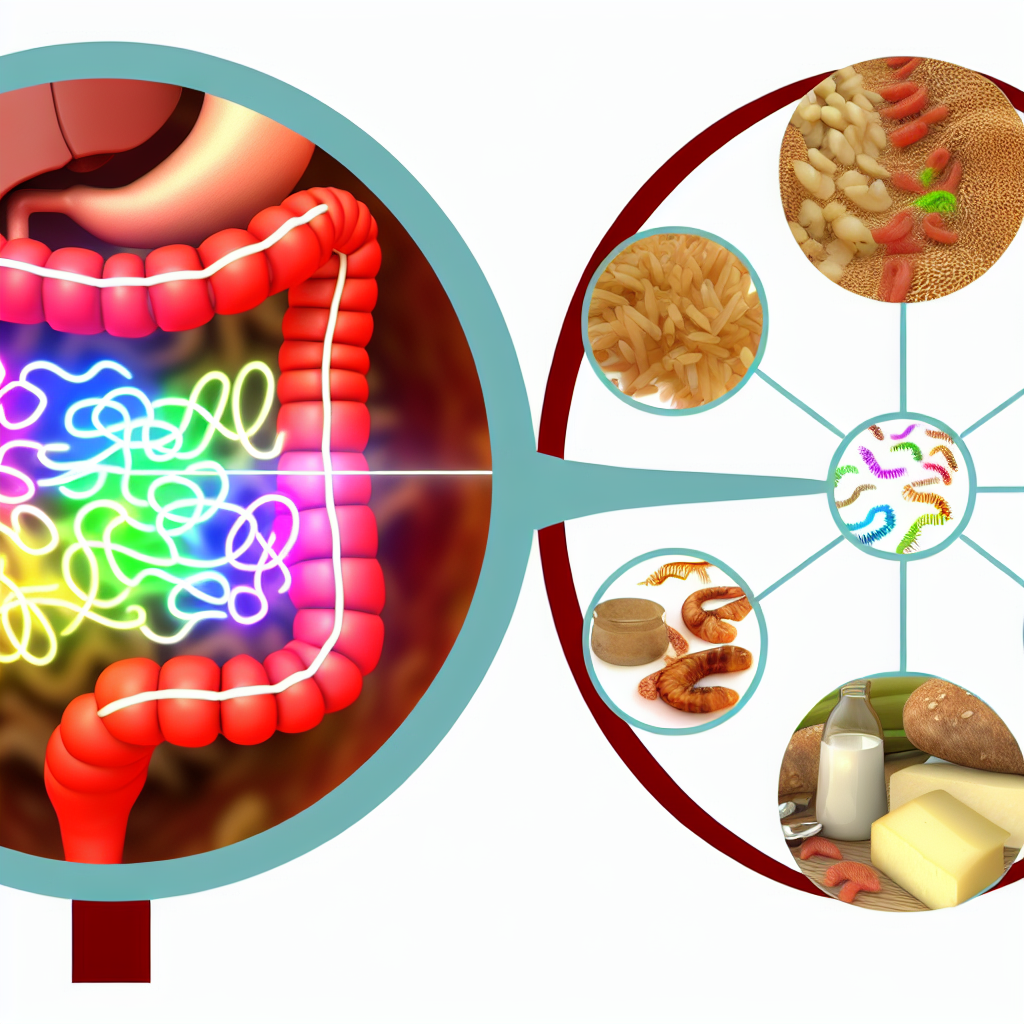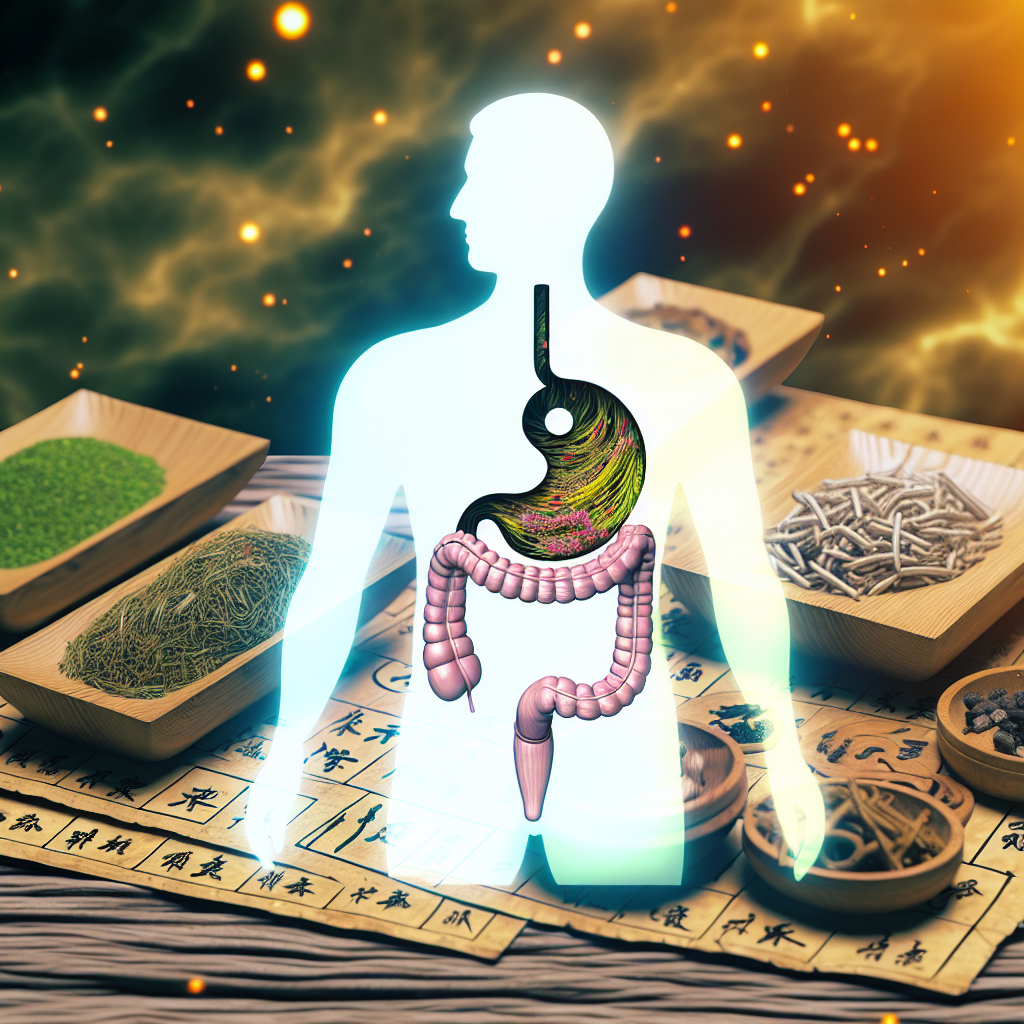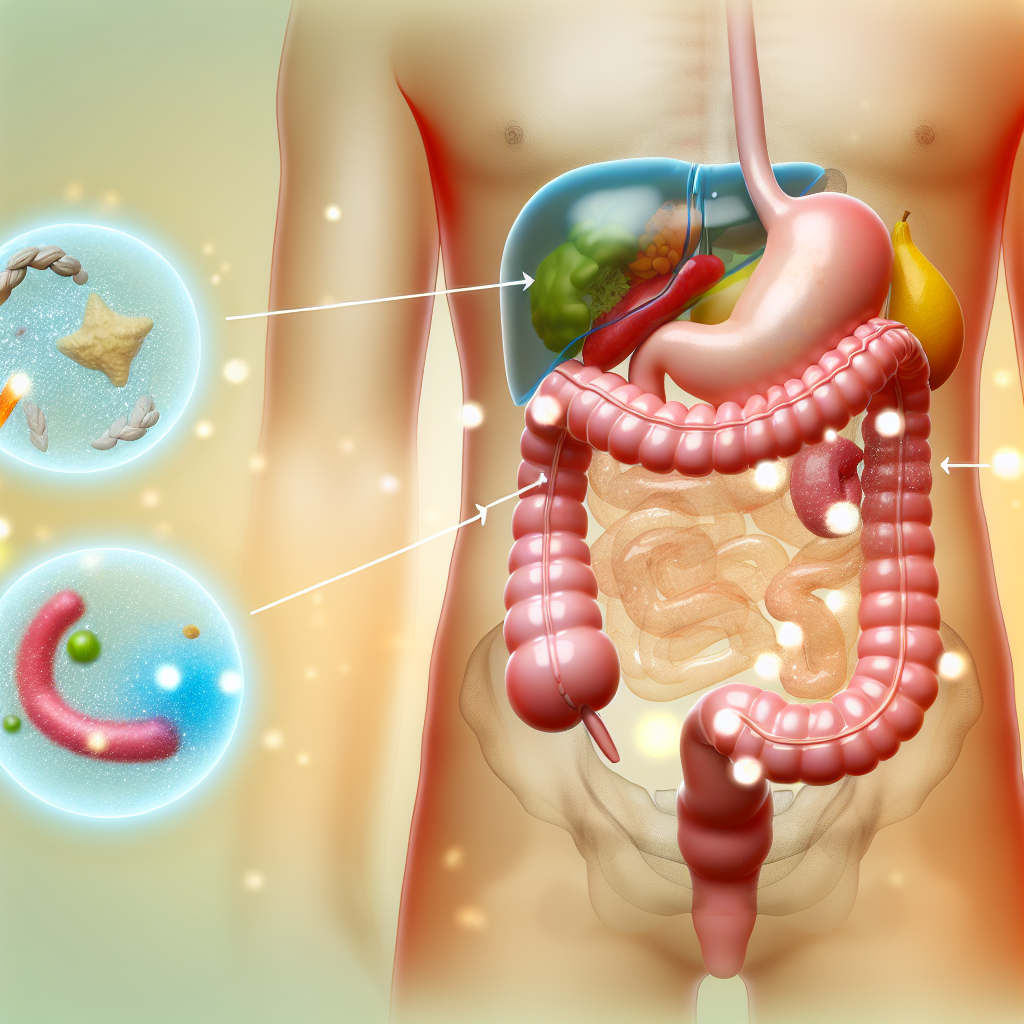Natural Digestive Enzymes: Complete Guide to Better Digestion
Unlock vibrant health from the inside out—boost your digestion naturally with enzyme-rich foods and remedies.
Why Digestive Health Matters More Than You Think
Digestive health is the cornerstone of overall well-being. When your gut functions optimally, your body efficiently absorbs nutrients, supports immunity, maintains hormone balance, and even positively influences mood through the gut-brain axis.
Unfortunately, millions of people struggle with digestive issues such as bloating, gas, indigestion, and irregular bowel movements. These symptoms often stem from poor dietary habits, stress, overuse of antibiotics, or enzyme deficiencies. While over-the-counter medications can provide temporary relief, they often do little to address the root causes.
That’s where natural digestive enzymes come into play.
What Are Natural Digestive Enzymes?
Natural digestive enzymes are biologically active proteins that help break down food into nutrients that your body can absorb and use. These enzymes are found in various fruits, vegetables, fermented foods, and even some herbs—offering a safe and effective way to support your digestive system without synthetic chemicals.
Your body produces digestive enzymes in the mouth, stomach, pancreas, and small intestine. However, aging, chronic diseases, and processed diets can reduce enzyme production, leading to incomplete digestion and poor nutrient absorption.
Adding enzyme-rich foods or plant-based supplements to your diet can significantly enhance digestion and reduce gastrointestinal discomfort.
The Most Important Natural Digestive Enzymes Explained
Some of the most well-known natural digestive enzymes include:
– Protease – Breaks down proteins into amino acids
– Amylase – Breaks down carbohydrates into sugars
– Lipase – Breaks down fats into fatty acids
– Bromelain – Found in pineapple; supports protein digestion and inflammation reduction
– Papain – Found in papaya; known for powerful proteolytic effects
– Lactase – Breaks down lactose (dairy sugar) for those who are lactose intolerant
These enzymes are found in natural sources like pineapples, papayas, fermented vegetables, bananas, kiwi, and ginger. Herbal systems like Ayurveda and TCM have used many of these sources for centuries, illustrating that the concept of “food as medicine” is deeply rooted in tradition.
Scientific Evidence: What the Research Says About Digestive Enzymes
Scientific studies continue to confirm the effectiveness of natural digestive enzymes:
– A 2013 study published in *Alimentary Pharmacology & Therapeutics* showed that individuals with functional dyspepsia who took natural pancreatic enzymes experienced significant reductions in bloating and discomfort.
– An Enzyme Research (2011) study found that multi-enzyme supplements improved flatulence, bloating, and general digestion in participants with gastrointestinal symptoms.
– A 2012 review in *Evidence-Based Complementary and Alternative Medicine* highlighted bromelain’s anti-inflammatory and digestive benefits, especially in post-surgical recovery.
– A 2014 review in *Frontiers in Microbiology* emphasized the benefits of enzymes and probiotics found in fermented foods for gut flora and nutrient absorption.
– A 2010 study in *The American Journal of Clinical Nutrition* demonstrated that lactase supplementation significantly reduced lactose intolerance symptoms.
These findings advocate for integrating enzymes into daily routines—whether through whole foods or safe supplements.
Best Natural Sources of Digestive Enzymes
If you’re looking to boost digestion naturally, start by incorporating these enzyme-rich foods into your meals:
– Pineapple – Rich in bromelain
– Papaya – Excellent source of papain
– Ginger – Stimulates digestive enzyme production
– Kefir & Yogurt – Fermented, probiotic-rich dairy with active cultures
– Sauerkraut & Kimchi – Fermented vegetables rich in enzymes and probiotics
– Banana & Kiwi – Contain natural enzymes that assist in digestion
– Raw Honey – Offers amylase and other digestives enzymes if unpasteurized
Many of these foods also support gut microbiota, further enhancing digestion and immunity.
Ready to Supplement? Here’s What to Know
If whole foods aren’t enough or you suspect an enzyme deficiency, plant-based digestive enzyme supplements can offer much-needed support. Look for formulas that include:
– Amylase, Protease, and Lipase
– Bromelain and Papain
– Lactase (if you’re lactose intolerant)
– Cellulase and Maltase for fiber and carb breakdown
Always consult with your healthcare provider—especially if you have underlying conditions like IBS, IBD, or pancreatic insufficiency—before starting any supplement.
Conclusion: Enhance Your Gut, Enhance Your Life
In your journey to better gut health, small lifestyle interventions can have profound effects—and natural digestive enzymes are one of the most powerful allies. Whether through enzyme-rich foods or high-quality supplements, these natural agents support efficient digestion, reduce symptoms, and promote long-term well-being.
As science continues to uncover the vast impact of the gut on immunity, mental health, and chronic disease prevention, supporting your digestion becomes more critical than ever.
Start simple. Go natural. And let your gut thrive.
References
– Enzyme supplements improve digestion in people with GI disorders
– Digestive enzymes and functional dyspepsia
– Bromelain’s anti-inflammatory and digestive benefits
– Enzymes and probiotics in fermented foods
– Lactase enzyme and lactose intolerance
Concise Summary:
Natural digestive enzymes are essential for optimal gut health and overall wellbeing. These biologically active proteins help break down food into absorbable nutrients, reducing common digestive issues like bloating, gas, and indigestion. By incorporating enzyme-rich foods and supplements, you can support efficient digestion, enhance nutrient absorption, and promote long-term wellness.

Dominic E. is a passionate filmmaker navigating the exciting intersection of art and science. By day, he delves into the complexities of the human body as a full-time medical writer, meticulously translating intricate medical concepts into accessible and engaging narratives. By night, he explores the boundless realm of cinematic storytelling, crafting narratives that evoke emotion and challenge perspectives.
Film Student and Full-time Medical Writer for ContentVendor.com
